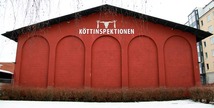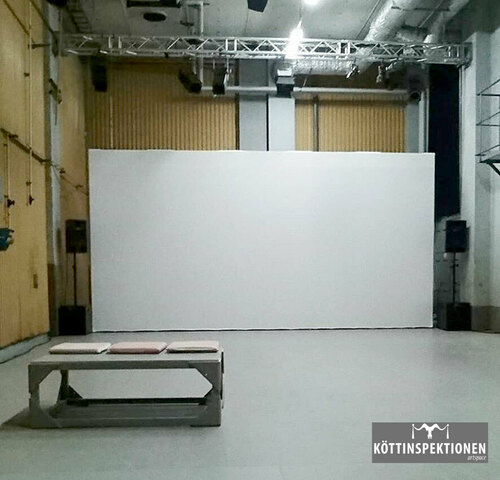
Köttinspektionen
Uppsala, Sweden
In this exhibition, Valeria Montti Colque and Eva Högberg depict their personal journeys as subtle evocations of various social challenges. Högberg reconnects with the image of her deceased mother, who has now come to embody a tender lying horse. The hair and loose limbs scattered around the space mourn the lost presence, while offering a dissident reading of a canonical symbol of power and oppression: the horse. In the same space, Montti Colque gathers not only one story but myriads of them, using clouds, trees, birds and shamans as storytellers. This whole scene is overseen by the "jokerita", an alter ego who represents the duality of feeling at the margins of society and rooted in sharing life, joy, and struggles with friends and family. Those who are, those who are gone.
